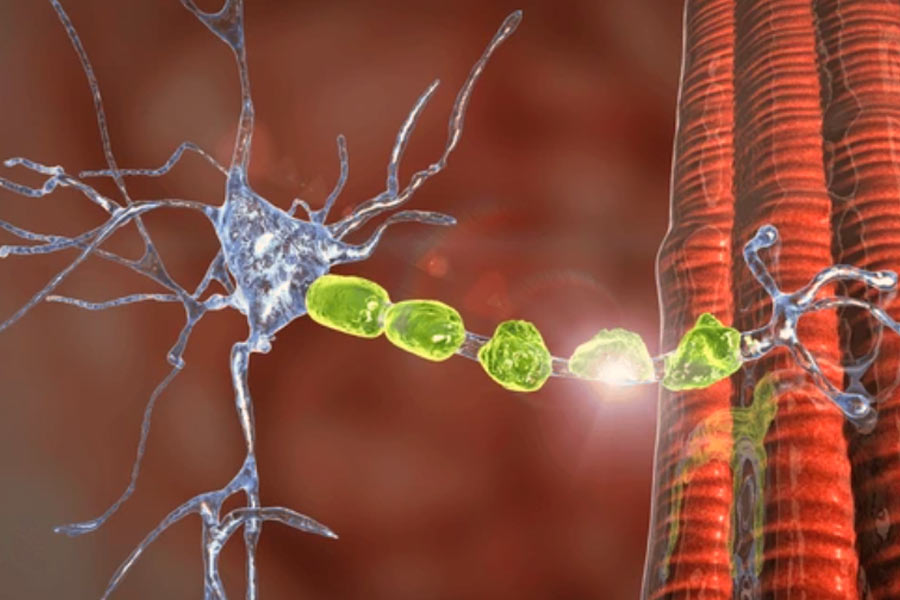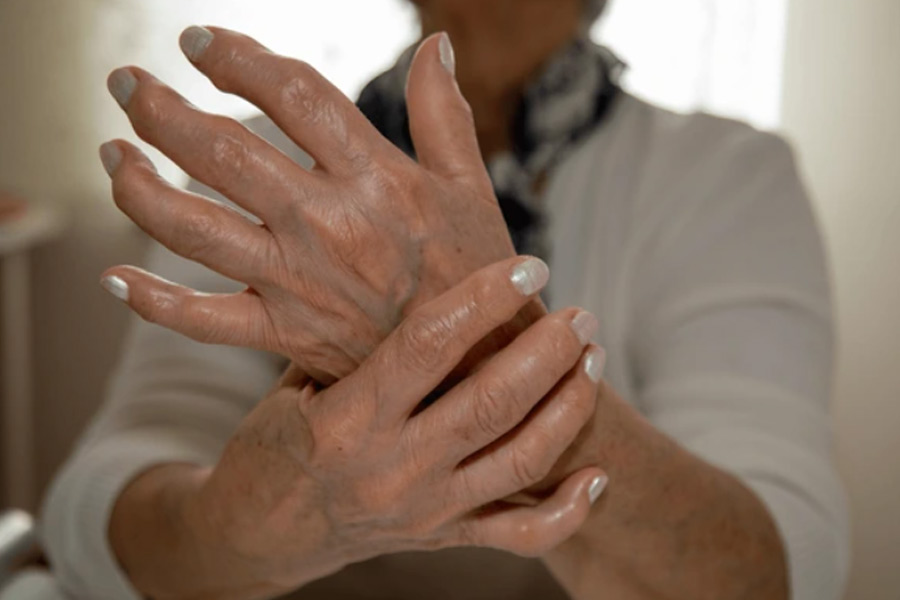Maharashtra has reported its first suspected death due to Guillain-Barre syndrome (GBS), a rare neurological condition, after a patient died in a Solapur hospital.
The city of Pune has seen a significant rise in GBS cases, reaching 101. The increase in the number of cases is linked to contamination, with the Campylobacter jejuni bacteria, often found in unclean water, being identified as a trigger.
What is Guillain-Barre Syndrome?
Dr Nikhil Prasun, head of Neurology at Manipal Broadway Hospital, Kolkata, explained: “Guillain-Barré syndrome refers to a disease pertaining to the peripheral nervous system of the body, the nerves that subserve the muscles of upper limb, lower limb, face, etc. We have got a central nervous system called brain and spinal cord and after that the nerves exiting out of this system that enter into our muscles, they are called peripheral nerves. So that is a weakness of the peripheral nerves of the system.
“This is an acute onset weakness of all four limbs of the body,” Prasun said. “There can be facial weakness as well, usually symmetrical, both the sides are similarly involved and it is relatively acute in onset. It can set in within hours, within one day or so. It does not involve the sensory systems because only the motor, the power part of the muscle, gets involved. So there is weakness and it can be preceded by viral illness. There are so many viruses in the atmosphere. It can be attributed to immune-mediated cause.”
He added that GBS often follows viral or bacterial infections, with triggers including consuming unpasteurised milk or raw, uncooked food such as salads.
Although 85-90 per cent of the cases are curable, Prasun also stressed on the importance of hygiene in preventing such infections.

Shutterstock
Dr. Sunandan Basu, a neurosurgeon from South Kolkata, elaborated on the symptoms.
“It starts off with tingling and numbness,” Basu said. “You would be having a tingling and numbness in your hands and legs. Suppose in your hands and legs, you feel that there are pins and needles or something like that. You are not feeling up to it or you can't feel anything. And then what happens is that this quickly goes to your legs straightaway and your hands.
“And then you will see that the legs and hands are not working. Yes, this is paralysis, but it is a self-limiting disease. It's not an acute disease but a self-limiting disease. And this is mainly caused by a viral fever or a bacterial fever.”

Shutterstock
According to Dr. Pradyut Ranjan Bhuyana, a neurologist at Manipal Hospital Bhubaneswar, GBS often also follows respiratory or gastrointestinal infections.
“Campylobacter jejuni is a common bacterial trigger, but it can also occur after surgical procedures or vaccinations. Though rare, GBS predominantly affects adults, particularly men, and becomes more common with age, especially in those over 50,” Bhuyana said.
He also spoke about severe symptoms, including difficulty moving the eyes, speaking, or swallowing, along with cramps or aches, often worsening at night.
“Though it is a rare syndrome, early diagnosis and treatment are crucial,” Bhuyana added.The outbreak in Pune has been linked to contaminated water, as testing revealed high levels of E. coli near the Khadakwasla Dam.
Dr Megha Dhamne, a neurology consultant at P.D. Hinduja Hospital, Mumbai, highlighted preventive steps:
- Always drink boiled or filtered water to avoid diarrhea.
- Wash fruits and vegetables in clean water and avoid street food or raw, uncooked items like salads.
- Practise regular handwashing, especially before meals and after using the restroom.
- If you are unwell, wear a mask to prevent spreading germs.
“Habitual hygiene practices can reduce the risk of infections that may trigger GBS,” Dhamne said.










